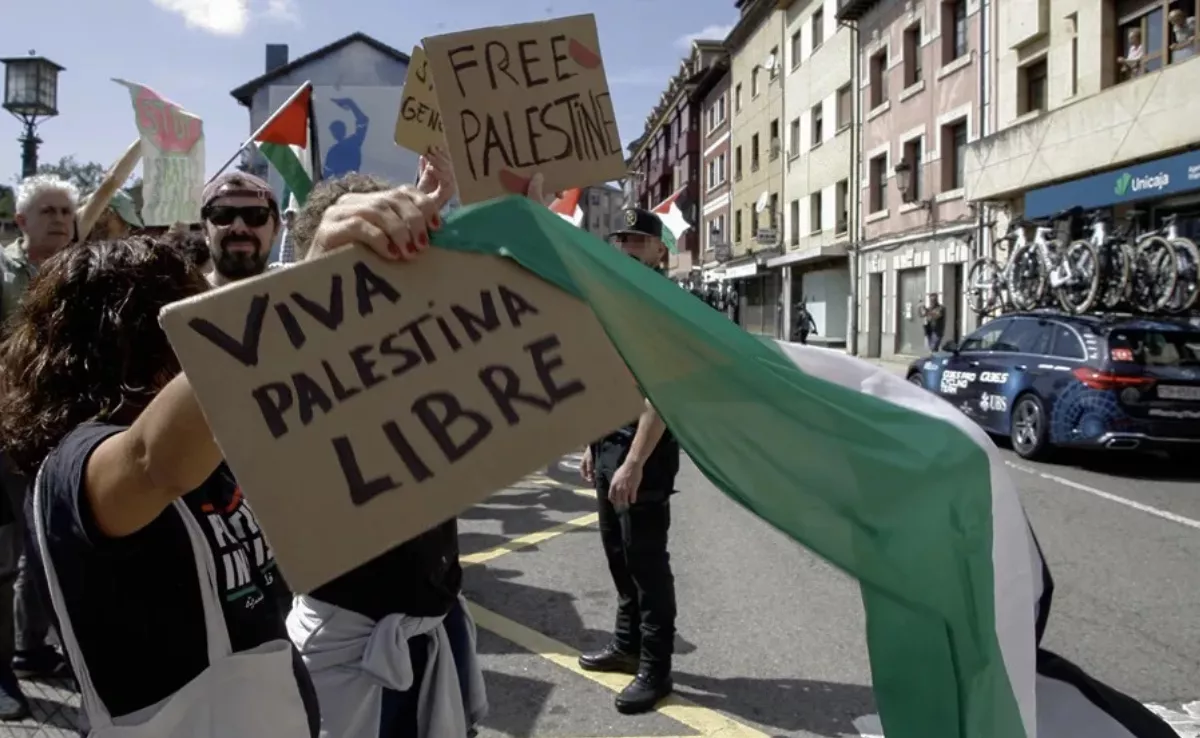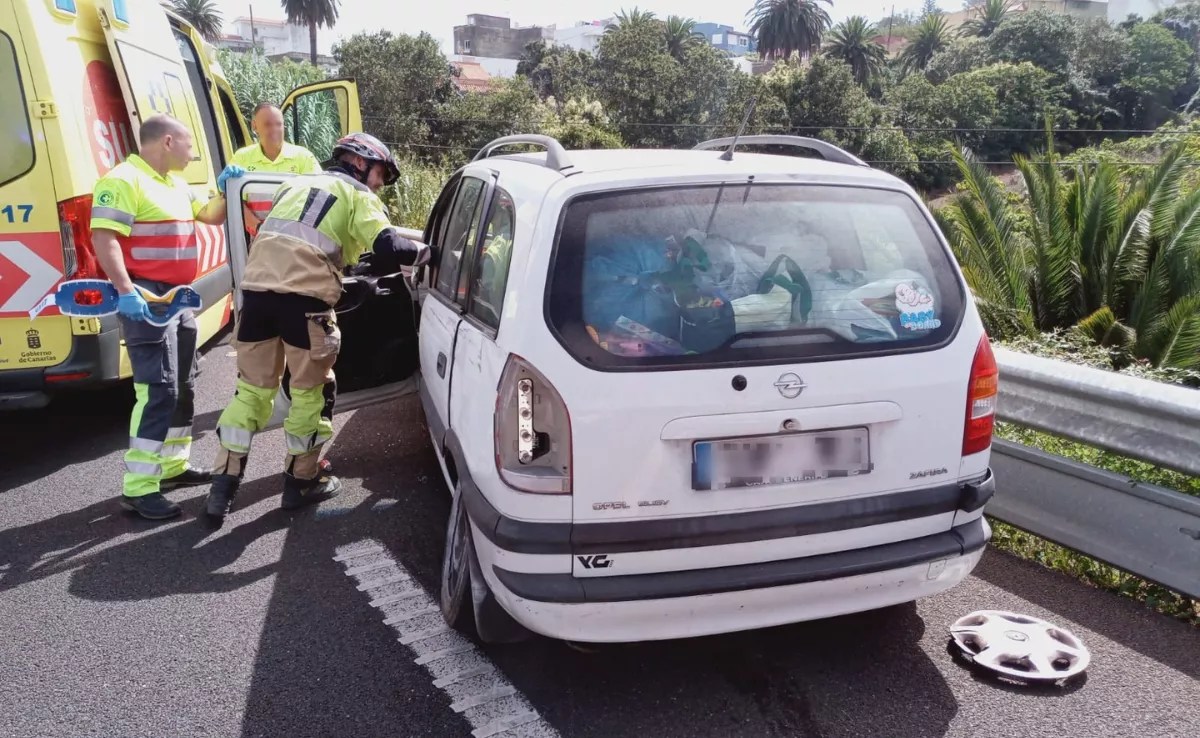Palestinian Community in Canary Islands Opposes 2026 Vuelta a España Stages in Gran Canaria

The Palestinian community in the Canary Islands has voiced its opposition to the possibility of the final stages of the Vuelta a España cycling race being held in Gran Canaria in 2026, due to the anticipated participation of the Israel Premier Tech team. President Fátima Suleimán has warned that, should this be confirmed, the organisation will initiate protest movements.
Political and Social Debate
The political and social debate surrounding the future plans for the sporting event, which aims to feature Teide as the finish point and Pico de las Nieves as the queen stage, has led the Cabildo of Gran Canaria to face a dilemma. They must decide whether to support the event and invest millions, reassess their conditions, or withdraw, leaving Tenerife as the only island to host the Vuelta a España.
Potential Protests
“Just as numerous protests against the participation of the Israel Premier Tech team are taking place during this year’s Vuelta a España, we believe that the authorities of Gran Canaria should oppose hosting any cycling event on the island,” Suleimán stated, emphasising the “particular sensitivity” that the island’s institutions have traditionally shown towards the Palestinian cause. She assured that if any stage occurred featuring the Israeli team, “members of the Palestinian Community would take to the streets to protest with as much determination as that being shown by the Spanish population currently.”
The 2025 edition has already been marked by interruptions in several stages due to pro-Palestinian protests, such as stage 11 in Bilbao, which was neutralised just three kilometres from the finish line. Groups like Galiza por Palestina have organised coordinated protest actions, including blockades, banners, disruptions of the peloton, and public denouncements of the “genocide” in Gaza.
Outcry Against Genocide
Suleimán expressed her anguish over the situation in Gaza and the West Bank, recalling that “Palestine has been suffering oppression and ethnic cleansing for 77 years” and noting that 2023 had already been declared “the deadliest year” before the attacks of 7 October. “Palestinians are being assaulted and killed by settlers, backed by occupation soldiers. These attacks affect both Christians and Muslims. We also have ongoing aggression towards priests, nuns, and participants in Easter processions, preventing access for pilgrims from other parts of Palestine and abroad, and even destroying images of churches and cemetery crosses,” she lamented.
According to the president of the Community, “all of this is omitted in Western media, and the information received is scant.” For her, it is vital to talk about the genocide being carried out by the Zionist occupation in Gaza and the West Bank: “They are vocal about human rights, but they seem to apply only to a few. How can they sleep while causing innocent children to die of hunger?”
Canarias por Palestina
The Association of the Palestinian Community in the Canary Islands, which marks its 40th anniversary, has intensified its awareness and protest actions in recent years. These include conferences, murals, workshops, music, and public demonstrations, joined by “numerous associations, unions, and political parties, forming a platform for Palestine to which we belong (Canarias por Palestina).”
Furthermore, Suleimán also highlighted the institutional support from the Cabildo of Gran Canaria and the capital city council, which have branded a bus and a vehicle from Global with messages against genocide. All of their actions, ranging from art and photography exhibitions to film cycles, Palestinian resistance dance (Dabke), and cultural activities showcasing Palestinian cuisine and traditions, as well as talks in schools, aim “to convey and raise awareness of our cause, both to the descendants of the Palestinian Community and to the Canarian people who have welcomed our compatriots, living together as one people.”













